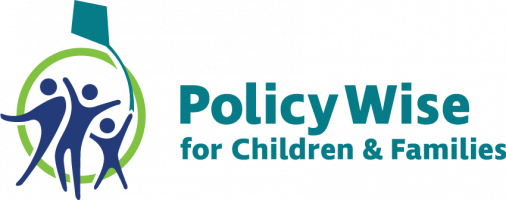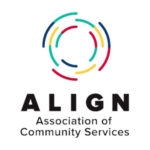How we define and understand child and youth well-being shapes the support we provide and affects what we see as success.
In the Indigenous worldview, well-being is a way of life. It is about being deeply connected to others, the land, animals, plants, and the cosmos. It’s about balance, happiness, and joy. It also includes moving forward in a good way through responsibility, reciprocity, language, and ceremony.
Learning from this perspective shows us that to understand and measure well-being, we must be curious about and respect the diverse perspectives and values of the communities we serve.
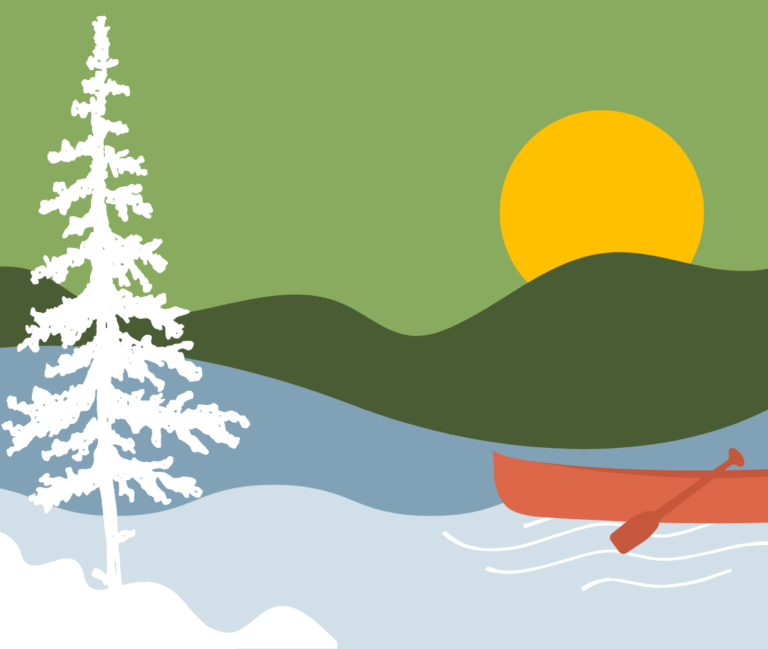
The way the sun comes up in the morning sheds light on so much knowledge for us every day. And so, the way a question is asked will shed knowledge on what is part of our world. Then we don’t have to talk about deficits or strengths because once the sun knows, we’ll know which ones are making us feel courageous, or giving us the courage to be kind and to share, to be humble and not afraid of truth, and we’ll take responsibility for our truth.
– Elder during a virtual gathering
Creating ethical space to support meaningful change
The ALIGN Well-Being Initiative aimed to create tools to measure child well-being that reflect Indigenous cultural understanding and capture the impact of services on children and families. The goal was to support child and family-serving agencies in assessing well-being in a culturally rooted way and to track the sector’s impact in Alberta over time. ALIGN Association of Communities partnered with PolicyWise for Children & Families to achieve this.
From 2021 to 2024, this collaboration resulted in:
- Two research reports
- The interactive ALIGN Well-Being Toolkit
- An Impact Portal and Dashboard
- Videos
- A Community of Practice
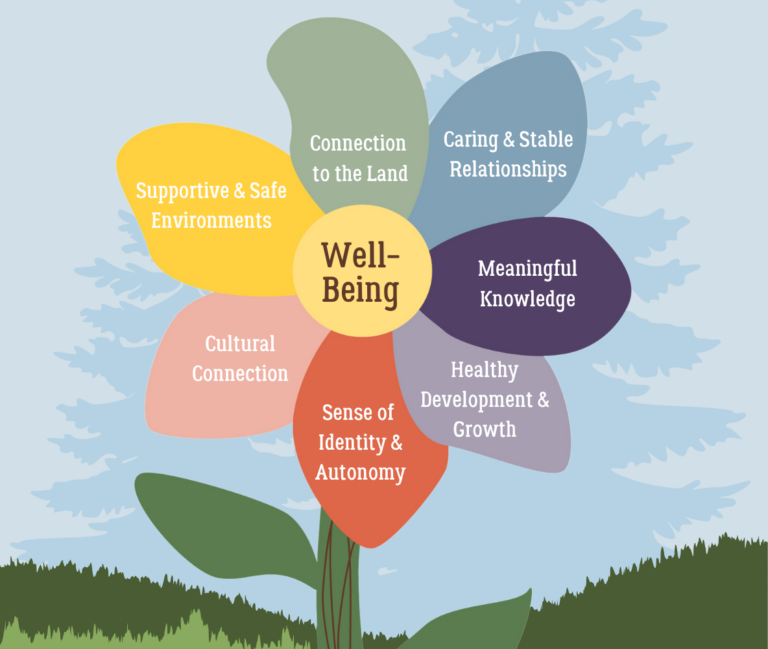
We rooted our work in collaboration. We followed an open-ended, iterative approach centred on relationships, ongoing learning, and the lived experiences of our partners. This collaboration was such a fantastic learning journey for us at PolicyWise. We wanted to share it here, reflecting on and honouring the work we did together.
Working together on our goal of developing a toolkit that supports meaningful change, Dr. Willie Ermine’s concept of ethical space was central to the project. Ethical space fosters mutual respect between different worldviews and ways of knowing in kindness and understanding. ALIGN’s Indigenous Consultant opened all meetings with smudge and prayer. This reminded everyone involved of our common intention, connection to the land, and accountability to those we serve with this work.
In this space, we were encouraged to think of the Toolkit as a space where Indigenous parallel processes and Western frameworks work alongside to grow well-being, like two canoes travelling down a river in parallel.
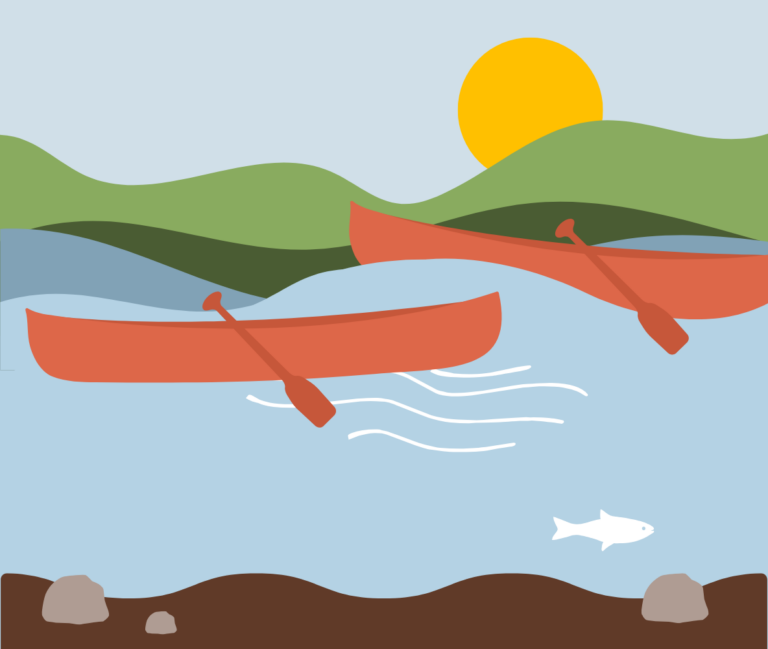
It was a privilege for the PolicyWise team to work with a partner who trusted the process and advocated for new directions, staying true to what we heard from Elders and Knowledge Keepers and the lived experience of youth and practitioners.
– Thea Luig, Senior Policy & Research Associate, PolicyWise for Children & Families
Creating the ALIGN Well-Being Toolkit through collaboration
The ALIGN Well-Being Toolkit is the result of a collaborative, relational process. We heard how important it was for practitioners to be accountable to the youth and the families they serve. They know their work has an impact when they witness children and youth growing in their well-being.
Relational accountability also became central to our collaboration with ALIGN, Elders, youth, and practitioners. The concept recognizes knowledge as a shared trust created with respect, reciprocity, and responsibility. It shaped all our decisions, ensuring the work honoured the communities involved.
For example, we pivoted to co-produce videos because we realized the limitations of text. We wanted to honour the importance of storytelling in sharing knowledge and the impact of services on youth well-being. The videos feature Indigenous practitioners, youth, and ethnocultural communities and bring lived experiences to the forefront.
Another example is the ALIGN Well-Being Toolkit. Agencies can share a story for each domain of well-being that showcases the impact of their work and allows them to learn from each other.
Throughout the project, lived experience, guidance, and expertise from Elders, Knowledge Keepers, and service providers shaped the Toolkit into a meaningful and practical resource.
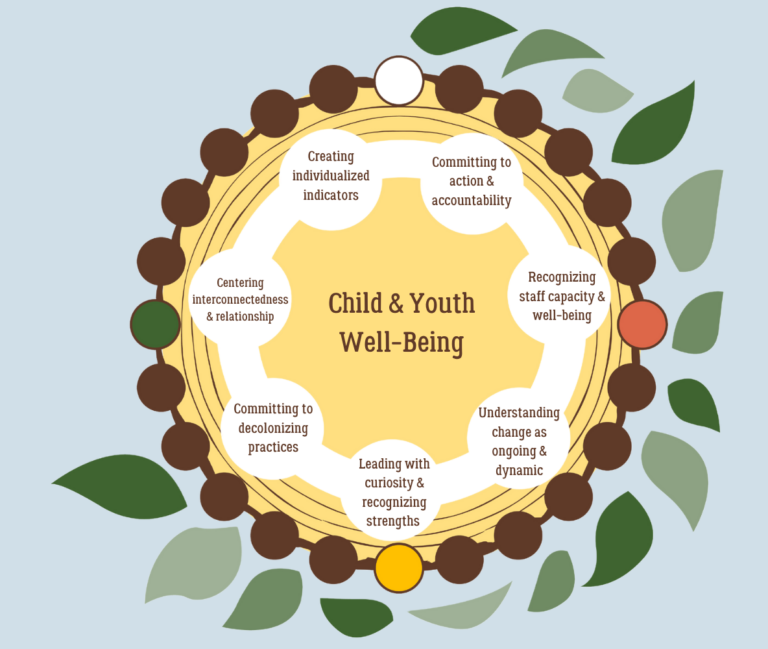
I was most excited about co-creating the framework and tools. We had the opportunity to add existing indicators with those grounded in lived experience and based on the knowledge of practitioners, Knowledge Keepers, and Elders. It was exciting to be part of something that was bottom-up. And it seemed like it would be useful to take some of the heavy lifting off of people’s desks.
– Sarah Andrews, Research & Policy Associate, PolicyWise for Children & Families
Learning to inspire organizational change
During our collaborative learning journey, we at PolicyWise learned the importance of smudging and opening and closing gatherings using an appropriate protocol. And most notably, we realized the significance of relationships, relational accountability, and being in-person together, on the land, and in ceremony.
Our work and learning together also inspired broader organizational change at PolicyWise. Our team had a desire to practice relational accountability in our work. We created a working group to reflect on and plan how to deepen our cultural understanding and in-person experiences with ceremony and teachings. The goal is to create ethical space and respect parallel processes as part of every project from the start, throughout its development, and beyond its conclusion.
Many child and family-serving agencies are on a similar journey. The Toolkit has resources to support them. ALIGN also hosts monthly community-of-practice meetings for agencies to share experiences and learn together.
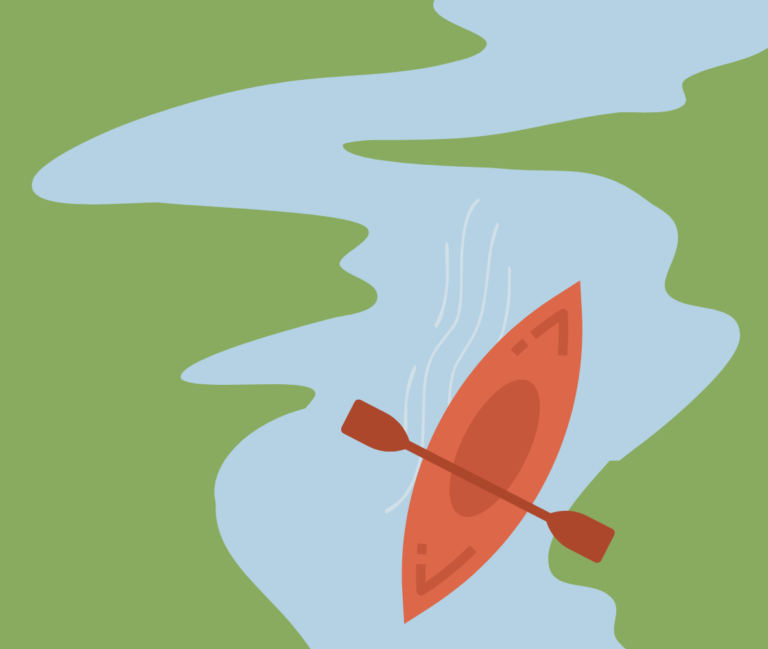
Accessing and using the ALIGN Well-Being Toolkit
The ALIGN Well-Being Toolkit is designed to help child and family-service agencies.
The Impact Portal and Dashboard is a unique tool to showcase and track over time the impact of the sector on child and youth well-being in Alberta. The interactive resources in the Toolkit help organizations assess and improve the well-being of children, youth, caregivers, and staff. It is flexible, allowing agencies to adapt components to their unique needs and pace.
When I started with ALIGN as the Well-Being Consultant, I was excited about evaluation, reporting, and measurement. I had always felt it was challenging to show the return on investment in training. Was this project what I had imagined? NO! Because the ALIGN Well-Being Toolkit is not simply about sharing a measure, it’s about a more meaningful process. Just like the practice of supporting well-being, it’s about changing organizational behaviour.
– Jacqlyn Padavell, Well-Being Consultant, ALIGN Association of Communities
Key features include:
- Over 400 well-being indicators informed by youth, Elders, Knowledge Keepers, and Indigenous and diverse practitioners
- Videos sharing Indigenous cultural perspectives and newcomer youth experiences
- An Impact Portal and Dashboard
- A Community of Practice for collaboration and learning
Explore the ALIGN Well-Being Toolkit, access resources, join the community, and integrate culturally responsive practices into your work.
Project partner
This project was sponsored by ALIGN Association of Community Organizations with funding from the Alberta Ministry of Children and Family Services.
